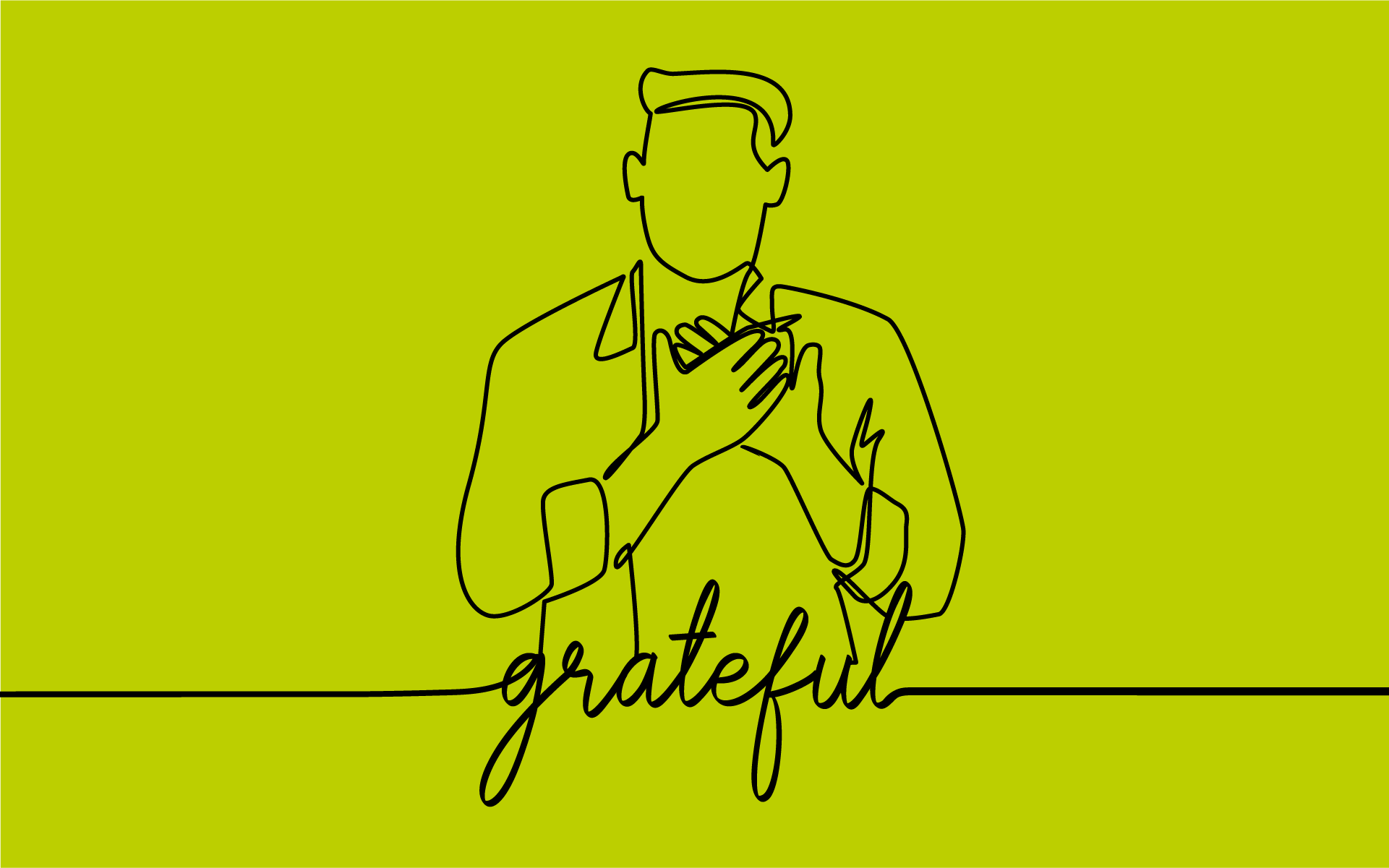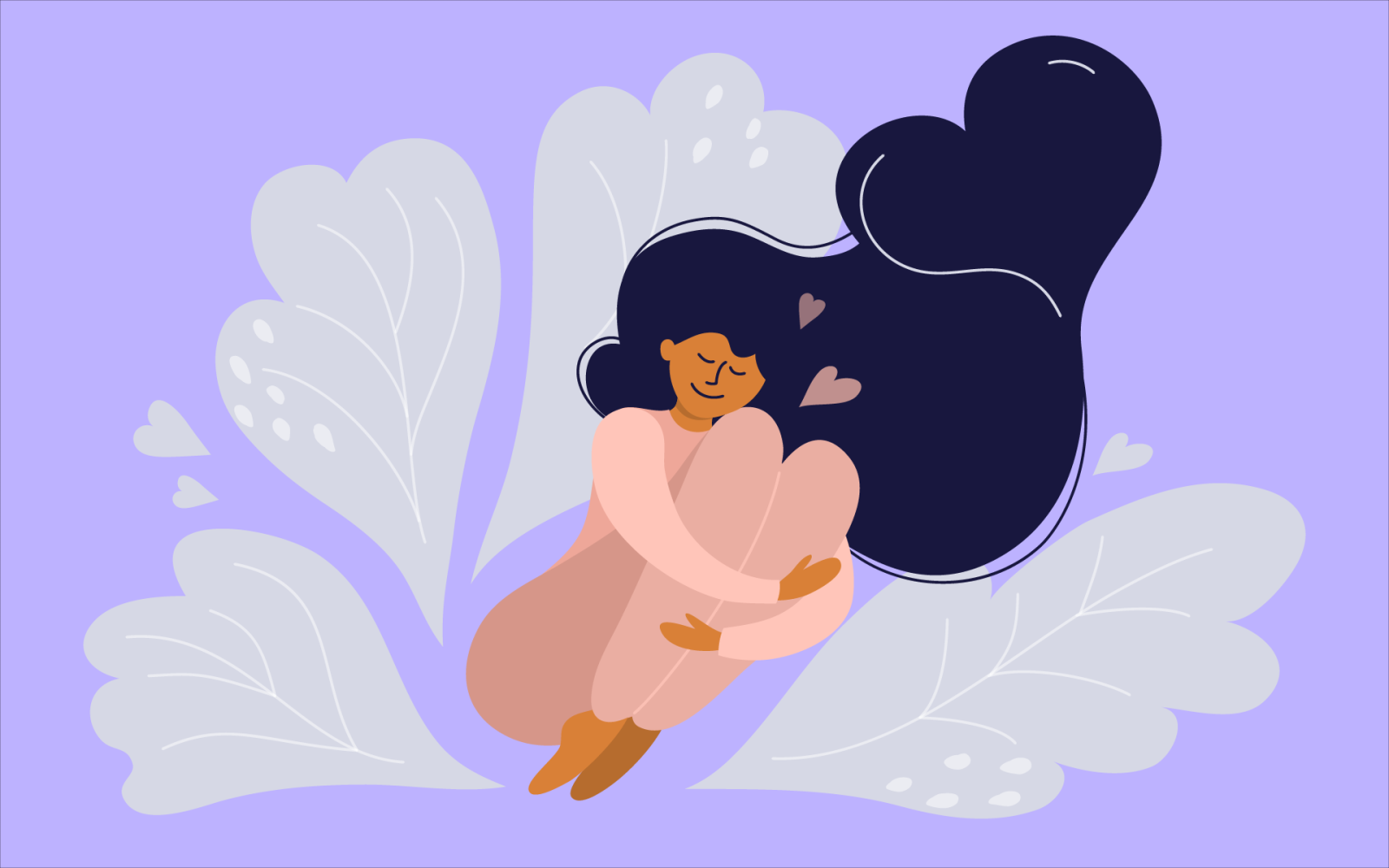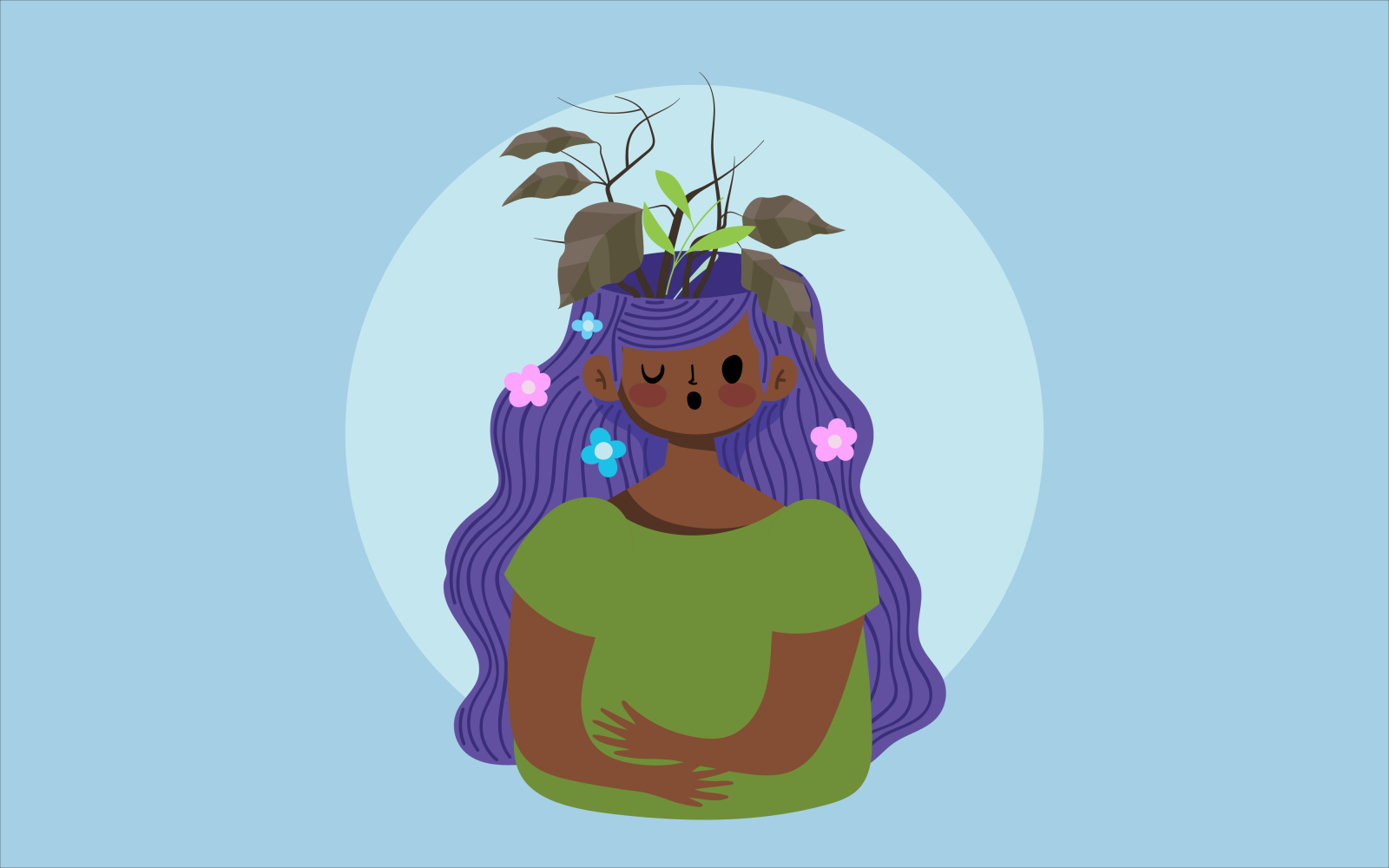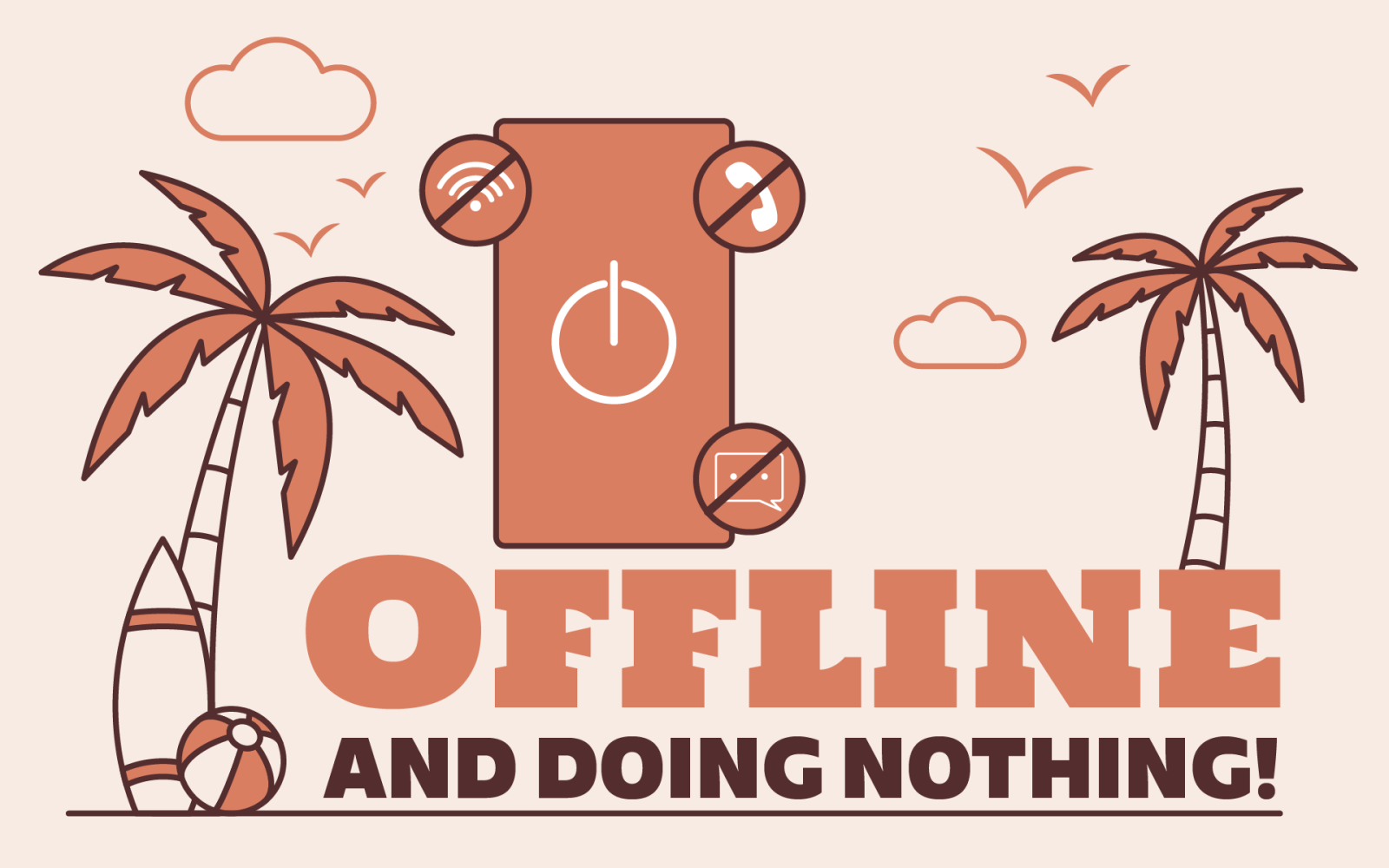Thank you, Victor, for reminding me that I have so much to be thankful for

Even in his wheelchair, he hasn’t lost his attitude of gratitude.
I was feeling bleak. My relationship was in tatters, Hansie Cronje had just admitted to match fixing and my dog, Zardoz, had died.
I was a walking, talking, sobbing country-and-western song.
So I did what I always do when I needed cheering up, I went to visit my friend Victor.
“Why are you always so happy?” I asked.
“Because I count my blessings. I’ve got a lot to be grateful for,” he grinned.
His comment stopped me in my tracks.
You see, Victor is a quadriplegic. A tragic accident when he was 19 years old left him in a wheelchair, unable to move his arms and legs.
“I focus on the things I’ve got, not on the things I haven’t got,” he explained.
If Victor can be grateful despite the devastating curveballs life has hurled at him, then why not me?
At that moment my attitude to gratitude changed.
That was a good thing, because scientists have found that gratitude has physical and psychological benefits – which, of course, is something to be grateful for.
Robert Emmons, the world’s leading scientific expert on gratitude, says gratitude has the power to do three things: heal, energise and change lives.
Emmons is a professor of psychology at the University of California, which is home to The Greater Good Science Centre, an institution that sponsors groundbreaking scientific research into well-being.
The centre published The Science of Gratitude white paper in 2018, which details studies that explore the origins, biology and benefits of gratitude.
Gratitude can lower blood pressure and cholesterol and improve immune function.
When participants of one study felt gratitude, their heart rate variability, an indicator of good heart health, improved.
A range of other studies concluded that grateful people exercised more, took better care of their health, slept longer, and felt more refreshed when they woke up.
Gratitude, which is associated with optimism and happiness, has also been found to reduce the risk for depression.
In a 2012 study, published in the Journal of Happiness Studies, participants were asked to write a gratitude letter once a week for three weeks.
At the end of the experiment, the researchers found that the participants were significantly happier, less depressed, and more satisfied with their lives.
Society reaps benefits, because gratitude is the social glue that motivates people to be more generous and helpful.
There is evidence that gratitude inspires us, gives us hope, and helps us overcome “negativity bias”, which is our tendency to overlook the positive to focus on the doom-and-gloom.
Thousands of years ago, negativity bias was important for our survival.
We needed to be tuned into adverse situations so we could suss out dangers – like predators – and this negativity bias has become hardwired into our DNA.
Today, though, the most dangerous thing we do is order the Extra Hot! option at Nando’s, so focusing on the bleak doesn’t save us from danger. It just makes us unhappy and anxious.
The good thing is that you can train yourself to be grateful.
Emmons says you can flex your gratitude muscle by recognising what you’re grateful for, acknowledging it, and appreciating it.
He suggests keeping a gratitude journal.
“Establish a daily practice in which you remind yourself of the gifts, grace, benefits, and good things you enjoy,” he writes.
“Setting aside time to recall moments of gratitude associated with ordinary events, your personal attributes, or valued people in your life gives you the potential to interweave a sustainable life theme of gratefulness.”
The aim is to be intentional and authentic about the things you are grateful for.
So, here’s my first gratitude journal entry:
I’m grateful for my family and for friends like Victor.
I’m grateful the world is no longer locked down. I’m grateful for science. I’m grateful that I witnessed the demise of apartheid and the birth of democracy.
I’m grateful for books, films, and music (even Country and Western). I’m grateful for sport, and that the Springboks are the reigning Rugby World Cup champions.
I’m grateful for gratitude. Not only because it keeps me healthy and happy, but because it reminds me of the great things I have in my life.




